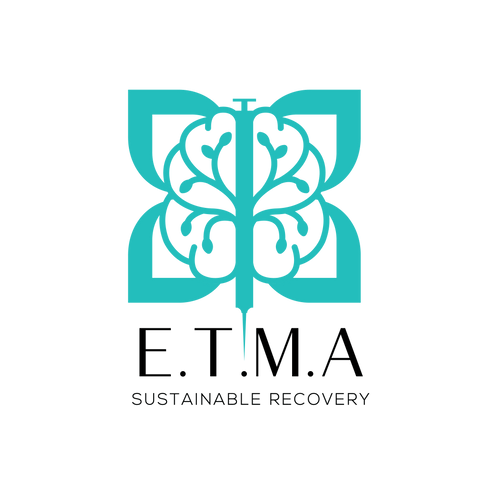Addiction Coping Mechanisms Part 1 – The Masks We Wear

Everyone uses masks to entertain their various roles in society. The masks people wear can be equated to the many hats we wear for the roles we play. For instance, a man can be a banker at work, a father and husband at home, and a son to his parents. In each of these roles, he or she would speak, act, and connect differently. Yet, for addicts, the masks that’s worn is not any of these. For these masks can be taken off. And the real self can be revealed easily. That’s because non-addicts do not have a problem with being real. As for addicts, the case is a great deal different.
Addiction is a disease of shame. As a result, denial plays a huge role in preserving the life of an addict in active addiction. And, in denial, addicts develop masks to suit each role. For instance, to show that he/she is functional at work, the addict would be a perfectionist. Also, to show that he/she is functional at home, the addict would be a people-pleaser. Addicts play out these various roles because addiction helps to keep it intact. In one way, the masks are the result of living with shameful behaviour. It’s because shame has built distorted beliefs that has resulted in maintaining the masks. For more information on addict’s beliefs, click here.
On the other hand, addiction compels the addict to remain in a masked existence. It takes recovery from addiction to remove these masks and gain the self beneath it. Only when an addict is abstinent from the addiction, will they have the power to see within. They will be able to act with the courage it takes to be themselves, once again.
What are the various masks that addicts use?
Addicts wear masks to hide their vulnerability as humans. As addiction is a disease of shame, they do not want others to find out about it. Denial helps them to not admit it to themselves. For more on denial in addiction, read here. To do this, masks play a very important role to show the functionality of the addict in his/her life.
The following is a list of masks to be found with addicts. The list is in-exhaustive as there are many more masks addicts use in their day to day life.
The Plastic Gangster
The plastic gangster is someone who looks hard and tough on the outside. He gets angry at the slightest provocation. He blames the world for all his woes. He shows his might by trying to pick a fight with whoever he comes across as his enemy. Nearly everyone is the enemy of the plastic gangster. He believes that people would not like him if they knew him. And that belief helps to cement his attitude and outlook to the world. He shows to have no feelings for others nor even for himself. But, deep inside, he yearns to connect and love the world as everybody else. He deprives himself from this connection by divorcing himself from others. He does this when he dons his aggressive exterior.
The Tortured Artist/Genius
The tortured artist or genius was not given the opportunities to succeed in life. He sees others as having had every chance to succeed, but pities his own misfortune greatly. His main agony is not having been well-known or famous. He yearns to be famous and has ambitions to succeed, like everyone else. But, his addictive behaviour has become a main blockade to any meaningful achievement.
The Love God/Goddess
The love god or goddess is someone in whom sex is the most important need. There is never enough lovers nor are there enough opportunities to have sex. Sex is the most important aspect of life. And the love god or goddess woes the life without sexual expression. Yet, like everyone else, yearns for a functional sexuality. One that meets their own needs for intimacy. But, wearing this mask will only hamper any useful attempts to meet with this goal.
The King/Queen Baby
This is someone who gets everything he/she wants every time he/she wants it. There is no room for unrequited desires. Everything is at their beck and call. They believe that they don’t get enough and deserve more. They deserve more attention, happiness, wealth, etc. But, they do not put in the effort others do; to get it. In other words, they do not break a sweat to attain the riches they so dearly desire. But to live in reality, they lack the humility they need to earn a proper living.
The Drama Queen/King
Life for the drama king/queen is one exciting event after another. Every single event is over-amplified. It is over-dramatised. Life is seen as a rollercoaster of overwhelming difficulties. Dramatising helps the drama king/queen to gain pity and support in his/her difficulties. Over Dramatising life may be entertaining. But in the long-run, it is exhausting and unrealistic to live this way. A simpler life can be found in the stability gained in recovery.
End of Part 1
This article is part of a series of two articles devoted to the various masks on addiction. To find out more about masks, and how we, at Solace Sabah treat our clients to be real, click here.
